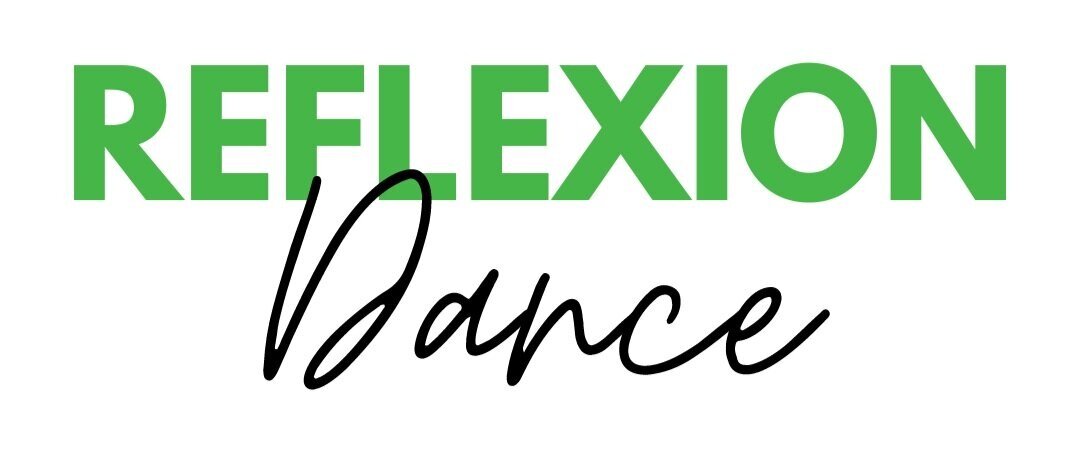Dance Readiness
READINESS FOR DANCE
Starting a new activity can be stressful and confusing. Families new to dance often wonder how they can determined if their child will enjoy dance and can be unsure how to approach the introduction to this new activity.
All children are different. Some of our most successful dancers have started out crying for mom or sitting and only observing their first classes. These are not necessarily signs that they don’t like or want to dance. Dance, their teacher, the staff, and the studio are all new and what they may have imagined about dance is very different from an organized activity at a studio.
Sometimes one class may not be enough time to make a decision on whether or not to continue an activity. It takes time to adjust, especially if your child is starting dance for the first time. Here are some tips to help you decide:
Don’t Give Up Dance if your dancer:
Walks into the studio independently
Participates when invited to join an activity
Is given a job by the teacher and does it
Watches the teacher or participating children during class
Takes a prop when given
Cries but also still participates
Stops crying for a certain activity
Enjoys observing other classes
Talks about dance at home
Dances and shows you class activities at home
Your dancer might need a change if:
Crying on the way to dance class does not end after 3-4 weeks
The child will not enter the studio after 3-4 weeks
The dancer seems sleepy and irritable at class time (ex: class is around naptime, end of day)
Crying or no participation during the entire class after 2-3 weeks
Dancer hits or kicks the teacher assistant or other students
Dancer runs out/tries to exit the classroom after 2-3 weeks
Dancer is distracting other students after 2-3 weeks
Attendance is not consistent
The change may even be something simple as trying a different class day/time, to better accompany a nap or a snack, or having a different adult bringing the dancer to class. Even just waiting a few more months to try again could make a huge impact. Once you and your dancer have been at the studio and feel the vibe, you’ll know if that’s a place you want to be for the long term. Sometimes taking a short break could be the best decision - your dancer will be familiar with the studio and staff, and maybe be able to acclimate much easier on the second go around!
September & October are times of big change - school is beginning, summer has ended, maybe you’ve recently moved or have started going back to work. All of these big changes can result in big feelings and it is important to take our time slowly when introducing an extra activity, like dance.
We hope these tips have helped you decide how to proceed with enrolling in dance (or any other extra curricular).
If you’re interested in giving dance at Reflexion a try (or another go!), reach out to us here & we can get you set up with a trial class!

